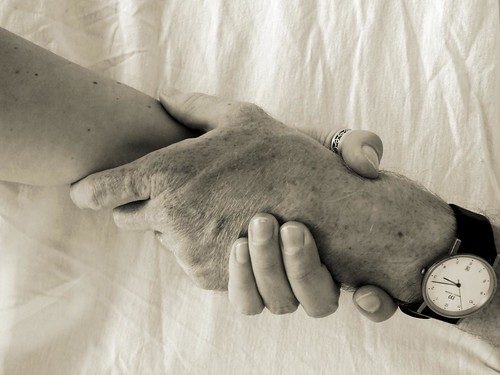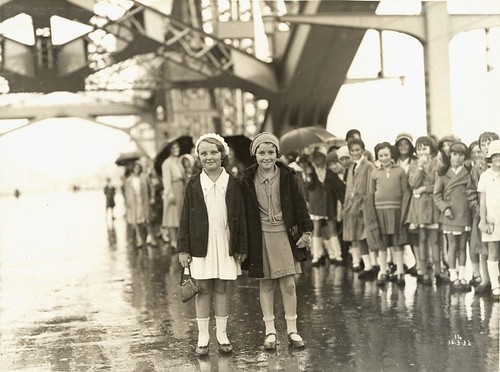‘Crying in the archives, joy and exhilaration in the archives, are all part of the experience of being there’ state Ann Curthoys and Ann McGrath in How to Write History That People Want to Read (UNSW Press, Sydney, 2009). Rejecting cliches about ‘dry and dusty’ history and historians, they present the view from the other side of the counter: the ‘excitement of libraries and archives’, the ‘tactile encounter with surviving evidence’, the ‘pure joy of sitting in the peace and quiet of a library with a wonderful manuscript’, and ‘encounters with real people from the past’. Curthoys and McGrath describe libraries and archives as places where ‘Living participants are as close as they will ever come to speaking to us directly… The poignancy of some archives can also make us cry… Relatives can become aware of shocking oppression or private tragedy suffered by their mothers and fathers; they can find the key to family omissions and mysteries. They can feel reunited with loved ones… Archives give you the closest thing to a flashback anyone is likely to have – except perhaps Dr Who and other time travellers’ (pp.66-68).
It is all too easy to see archives as just ink and paper, to count them as statistics: with over 28,000 original items issued to 5,348 individuals in the State Records reading room in 2012/13. But Curthoys and McGrath remind us that archives effect present lives because they are evidence of past lives. Staff in our reading room routinely help people access records about mental health, court cases, prisoners, coronial inquests and divorces. And yes I have seen people crying in the archives.
Further information on what we hold on these topics may be found in our Archives in brief
Award for Professor Ann Curthoys
I had the pleasure on Tuesday 10 September of seeing Professor Ann Curthoys receive the History Council of New South Wales Annual Citation for 2013 ‘in recognition of her outstanding contributions as an historian to teaching, scholarship and the community’. This event took place as part of History Week 2013.
Do you have an archive story to share?
What item in our collection has had an impact on your life? Why not tell us about it?


